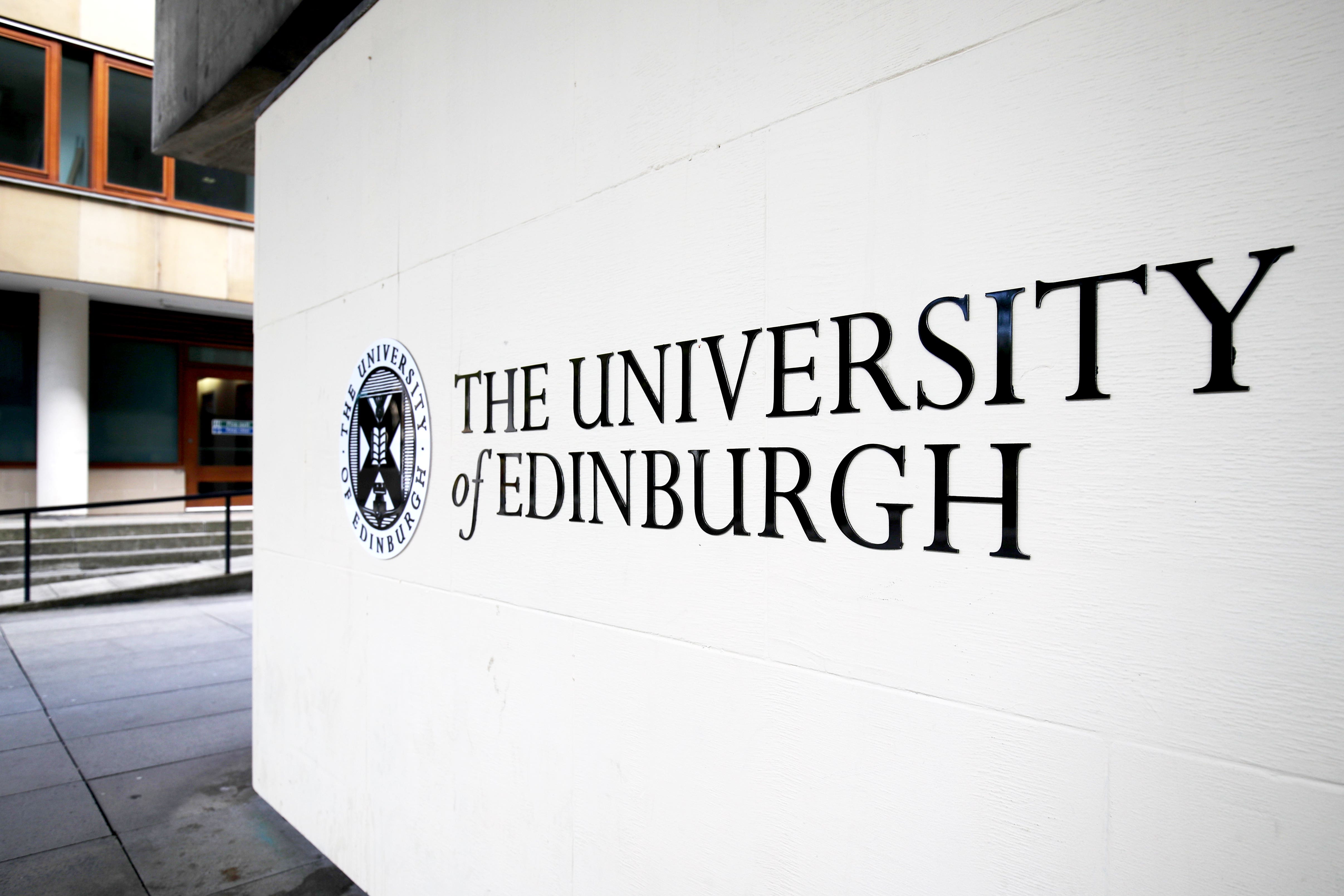Gene research finds DNA variants linked to dyslexia in first study of its kind
The research is said to be the biggest study on dyslexia to date.

Your support helps us to tell the story
From reproductive rights to climate change to Big Tech, The Independent is on the ground when the story is developing. Whether it's investigating the financials of Elon Musk's pro-Trump PAC or producing our latest documentary, 'The A Word', which shines a light on the American women fighting for reproductive rights, we know how important it is to parse out the facts from the messaging.
At such a critical moment in US history, we need reporters on the ground. Your donation allows us to keep sending journalists to speak to both sides of the story.
The Independent is trusted by Americans across the entire political spectrum. And unlike many other quality news outlets, we choose not to lock Americans out of our reporting and analysis with paywalls. We believe quality journalism should be available to everyone, paid for by those who can afford it.
Your support makes all the difference.Scientists have for the first time pinpointed a large number of genes that are reliably associated with dyslexia.
Dyslexia is known to run in families – partly because of genetic factors – but until now, little was known about the specific genes that relate to the risk of it developing.
The team behind this latest research claim it is the largest genetic study of dyslexia to date.
The study, led by the University of Edinburgh, involved more than 50,000 adults who have been diagnosed with the learning difficulty and more than one million adults who have not.
Researchers tested the relationship between millions of genetic variants with dyslexia status and found 42 significant variants.
About one third of these variants have been previously linked to general cognitive ability and educational attainment.
Some of them have been associated with other neurodevelopment conditions, such as language delay, and with thinking skills and academic achievement.
Many, however, are novel and could represent genes that more specifically associate with processes essential for learning to read.
There is a genetic link between dyslexia and ambidexterity
Several of the associated genetic variants were also significant in a Chinese speaking sample suggesting that there are general cognitive processes in learning to read that are not dependent on the type of language.
The researchers say their findings, published in Nature Genetics journal, helps them better understand the biology behind why some children struggle to read or spell.
They said many of the genes associated with dyslexia are also linked with attention deficit hyperactivity disorder (ADHD).
And a much smaller overlap of the genes associated with dyslexia was found for psychiatric, lifestyle and health conditions.
Lead researcher Michelle Luciano, of the University of Edinburgh’s School of Philosophy, Psychology and Language Sciences, says the study sheds light on many unanswered questions around dyslexia.
“Our findings show that common genetic differences have very similar effects in boys and girls, and that there is a genetic link between dyslexia and ambidexterity,” she said.
“Previous work suggested some brain structures may be altered in people with dyslexia, but we did not find evidence that genes explain this.
“Our results also suggest that dyslexia is very closely genetically related to performance on reading and spelling tests reinforcing the importance of standardised testing in identifying dyslexia.”
Other key researchers in the study were from the Max Planck Institute for Psycholinguistics in the Netherlands, QIMR Berghofer Medical Research Institute in Australia and US company 23andMe, Inc.